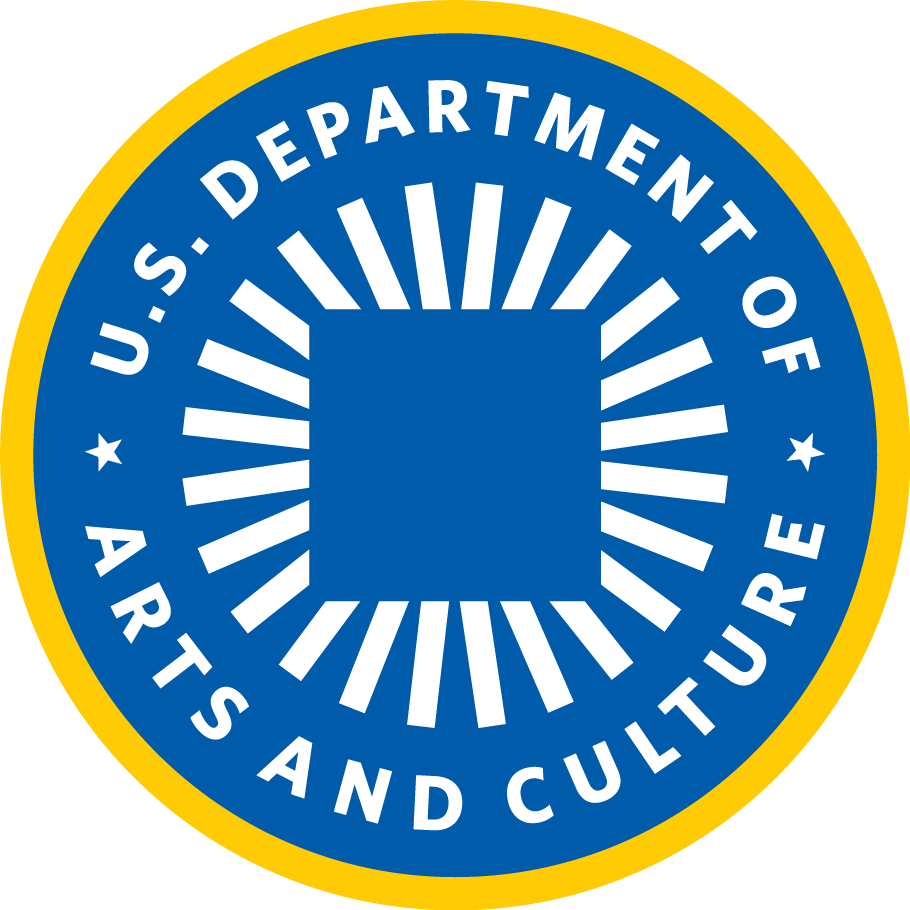by Arlene Goldbard, Chief Policy Wonk
Ed Carroll, a friend in Europe, sent me a query: “How come there was not one mayor in the USA that was prompted to submit an application to the Agenda 21 for culture? … The absence on the Map is quite extraordinary.”
My reply? “What a good question!”
“The map” is a graphic on the international award page for cities and regional and local governments that have adopted cultural policies “linking the values of culture (heritage, diversity, creativity and transmission of knowledge) with democratic governance, citizen participation and sustainable development.”
This time around, 83 cities and local governments submitted proposals. As you will see when you click on the map, not a single one came from the United States.
You could say this is unsurprising, since no U.S.-based local government association takes part in the sponsoring organization, the committee on culture of the world association of United Cities and Local Governments (UCLG), “the global platform of cities, organizations and networks to learn, to cooperate and to launch policies and programmes on the role of culture in sustainable development.” Its mission is “to promote culture as the fourth pillar of sustainable development through the international dissemination and the local implementation of Agenda 21 for culture.”
(The other three pillars are economic, social, and environmental. So far as I know, my friend Jon Hawkes originated the notion of culture as the fourth pillar in his 2001 book, The Fourth Pillar of Sustainability: Culture’s essential role in public planning, still well worth reading.)
“Agenda 21 for Culture” is UCLG’s founding document; you can find the text here. It’s pretty inspiring as a statement of operating principles and practices for cultural democracy. You’ll find a great deal of resonance with the people-powered USDAC’s Statement of Values.
Even more inspiring to me are the action items. For example, the Pilot Cities of theCulture in Sustainable Cities initiative, in which selected cities are supported in a two-year program to develop local cultural policies that are completely and effectively integrated with sustainable development.
So “how come there was not one mayor in the USA that was prompted to submit an application to the Agenda 21 for culture?” It’s a long, sad story, but I’ll try to explain standing on one foot.
It’s been an enduring element of U.S. policymaking orthodoxy that we have no cultural policy. (Of course, every nation has a cultural policy: most go through a process of formal adoption, but when it comes to the USA, you have deduce it from what’s written between the lines of a zillion decisions about funding, regulation, education, broadcasting, city planning, and so on.) It pretty much started in the early sixties when the campaign to establish something like a National Endowment for the Arts picked up steam. In the waning days of the Cold War, the specter of state art of the type characteristic of the Soviet Union was a dealbreaker in Washington, so the people who created the NEA bent over backwards to avoid it. In fact, they designed the agency as a kind of adjunct to private philanthropy, a legacy that persists.
Things got worse when Ronald Reagan withdrew in 1983 from UNESCO (the United Nations Educational, Scientific, and Cultural Organization), the chief international body dealing with cultural policy. The cited reasons focused on “politicization,” which translated into Reaganite opposition to things like attempts to ensure a multidirectional flow of information undominated by corporate press. The U.S. didn’t rejoin till 2003, but we stopped paying dues in 2011 to protest giving Palestine membership, losing our vote two years later after failing to resume dues.
Other than using international cultural policy forums as political footballs, the U.S.’s main involvement has been to scrupulously avoid doing the right thing. Check out the impressive list of parties to the 2005 Convention on the Protection and Promotion of the Diversity of Cultural Expressions: keep scrolling to the bottom to see that none of the U.S. administrations in the decade-plus since this inspiring convention was passed has seen fit to sign it.
Okay, I’m tired of standing on one foot, but you get the idea. Either our policymakers are entirely unaware of the opportunity to integrate culture and development in a way that supports the health of both; or they know about this vital global conversation and collaboration, and just don’t think it’s a good idea.
If you think the mayor of your town should not only know about Agenda 21 for Culture, but might actually value the dialogues, tools, and examples his or her counterparts around the globe have provided, consider sharing this blog. And don’t hesitate to get in touch with the Chief Policy Wonk: I’m always happy to help.

